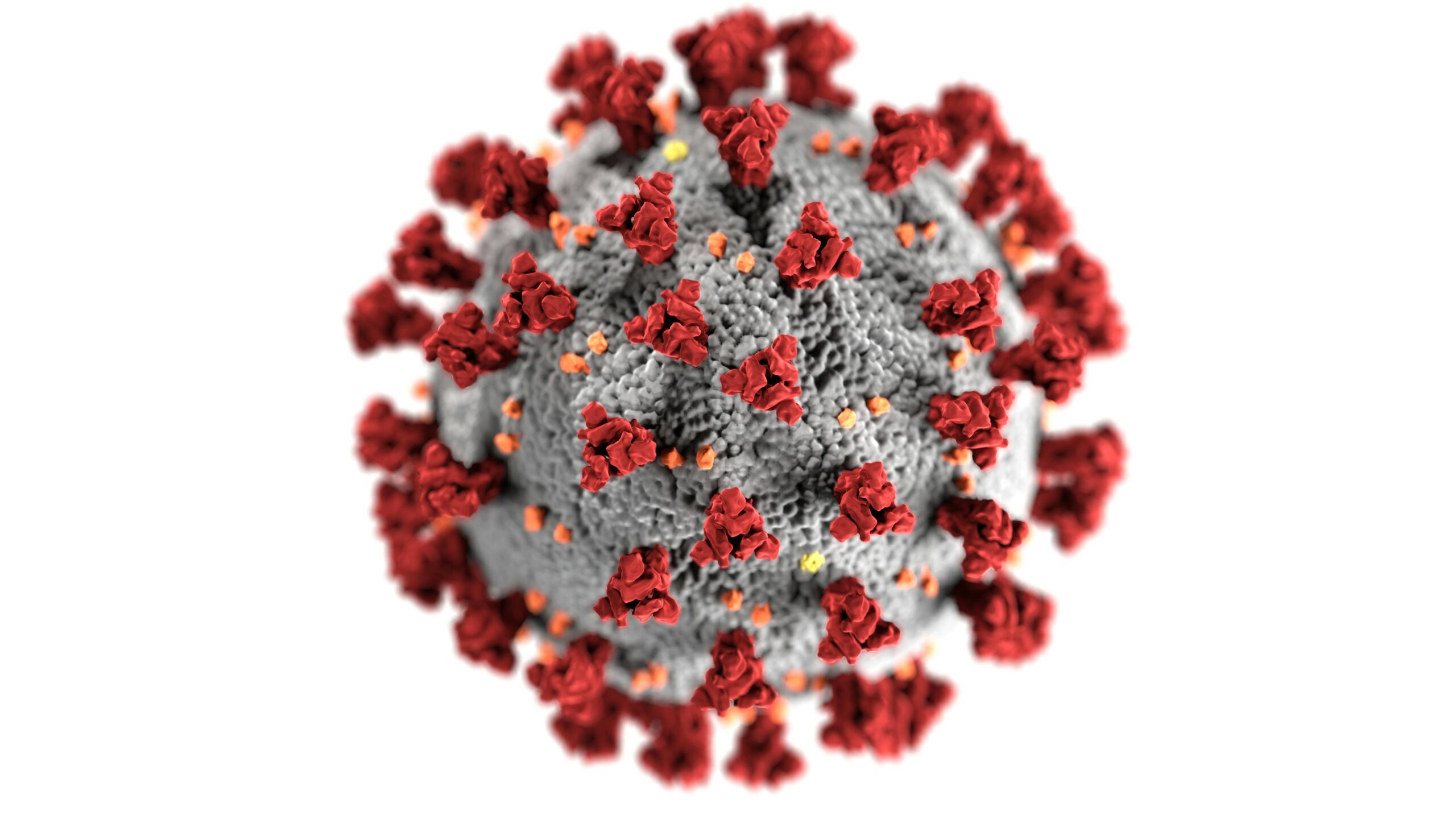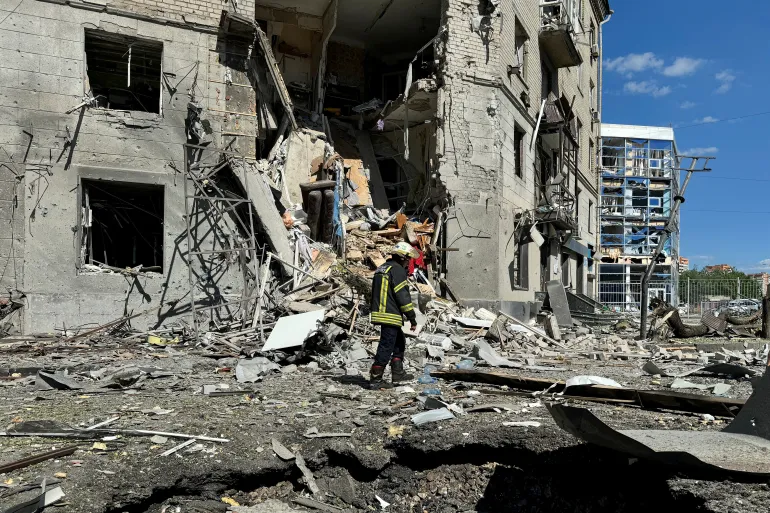“Covid-19 cases rise in the US and UK due to new variants and seasonal factors, leading to a significant summer surge. Increased hospitalizations, the role of large events like Euro 2024, and the challenges of ongoing surveillance highlight the virus’s persistence and the need for continued public health measures.”
Covid-19 cases are on the rise again in both the United States and the United Kingdom, driven by new variants and potentially influenced by seasonal factors. This increase marks a significant summer surge reminiscent of past patterns observed during the pandemic.
Rising Covid-19 Cases in the US
Covid-19 cases rise across at least 38 states in the US, according to data from the Centers for Disease Control and Prevention (CDC). Despite wastewater surveillance showing relatively low viral activity, hospitalizations and deaths are increasing. Particularly, the Western states are seeing infection levels akin to those in February, with significant rises also noted in the South.
Dr. Robert Hopkins, medical director of the National Foundation for Infectious Diseases, highlights that Covid-19 cases rise in warm and moist conditions, currently prevailing in the South and West. “The virus tends to replicate well and stay alive in such environments,” Hopkins notes. He also mentions the uncertainty surrounding the virus’s seasonal patterns: “It’s still a bit early to say what the pattern is. A large portion of the population has had some exposure to the virus, the peaks have been a little bit less high, and we have tended to see a summer bump as well as a winter increase.”
Wastewater Surveillance Insights
The WastewaterSCAN network, a nationwide sewage surveillance initiative by Stanford University and Emory University, suggests that the current summer wave of Covid-19 cases rise began weeks earlier than last year. Dr. Marlene Wolfe, assistant professor of environmental health at Emory and program director for WastewaterSCAN, states, “It remains to be seen if this will be a peak level for this surge.” She emphasizes the complexity of discerning the impact of seasonality versus new variants on these regular surges, which occur more frequently than those for influenza and RSV.
The wastewater data is crucial because it provides an early indicator of community transmission, often before clinical Covid-19 cases rise. This form of surveillance can help public health officials anticipate and prepare for increases in cases, potentially mitigating the impact on healthcare systems.
Increasing Covid-19 Cases and Hospitalizations in the UK
In the UK, Covid-19 cases rise along with hospital admissions, reaching 3.31 per 100,000 in the week leading to June 16, up from 2.67 per 100,000 the previous week. According to the UK Health Security Agency (UKHSA), laboratory tests primarily from healthcare settings reveal a notable rise in cases. BBC analysis shows that as of June 26, 4.37 instances of Covid-19 per 100,000 hospital admissions were recorded in England, equating to one in 25,000 hospital admissions testing positive for the virus.
The increase in hospitalizations highlights the ongoing burden of Covid-19 cases rising on healthcare systems. Despite high levels of immunity in the population, either from vaccination or previous infection, the virus continues to cause significant illness, particularly among vulnerable groups.
Euro 2024 and the “Flirt” Variant
A potential contributor to the summer wave of Covid-19 cases rise is the Euro 2024 football tournament. The “Flirt” variant, KP.3, is gaining traction in various regions, although testing limitations hinder definitive confirmation. Professor Mark Woolhouse, an expert in infectious disease epidemiology at the University of Edinburgh, draws parallels to the 2021 summer surge coinciding with a previous Euros tournament. Woolhouse remarks, “There is a widespread impression of a growing 2024 summer wave, much like in 2021 when the Euros football tournament significantly contributed to the spread of infection.”
Large gatherings, such as football tournaments, can facilitate the spread of the virus, especially new variants. The “Flirt” variant’s rise during the tournament underscores the importance of monitoring and potentially mitigating transmission in crowded settings. Public health measures, such as encouraging mask-wearing in indoor and crowded outdoor spaces and ensuring vaccination boosters are up to date, can help reduce the risk of transmission.
Preparing for Ongoing Challenges as Covid-19 Cases Rise
The reduced intensity of Covid surveillance in the UK complicates tracking infection waves, assessing variant severity, and evaluating vaccine efficacy. However, the current rise in Covid-19 cases suggests that similar factors, including large gatherings and new variants, continue to influence the spread of Covid-19. Public health experts urge continued vigilance and adaptation of strategies to manage the virus’s evolving landscape.
In summary, the resurgence of Covid-19 cases rise in the US and UK underscores the virus’s persistence and the challenges it presents. While new variants and seasonal factors play significant roles, large public events like Euro 2024 may also contribute to the spread. Continued surveillance, vaccination efforts, and public health measures remain critical in managing and mitigating the impact of Covid-19.
For further insights and comprehensive content, please visit our homepage



